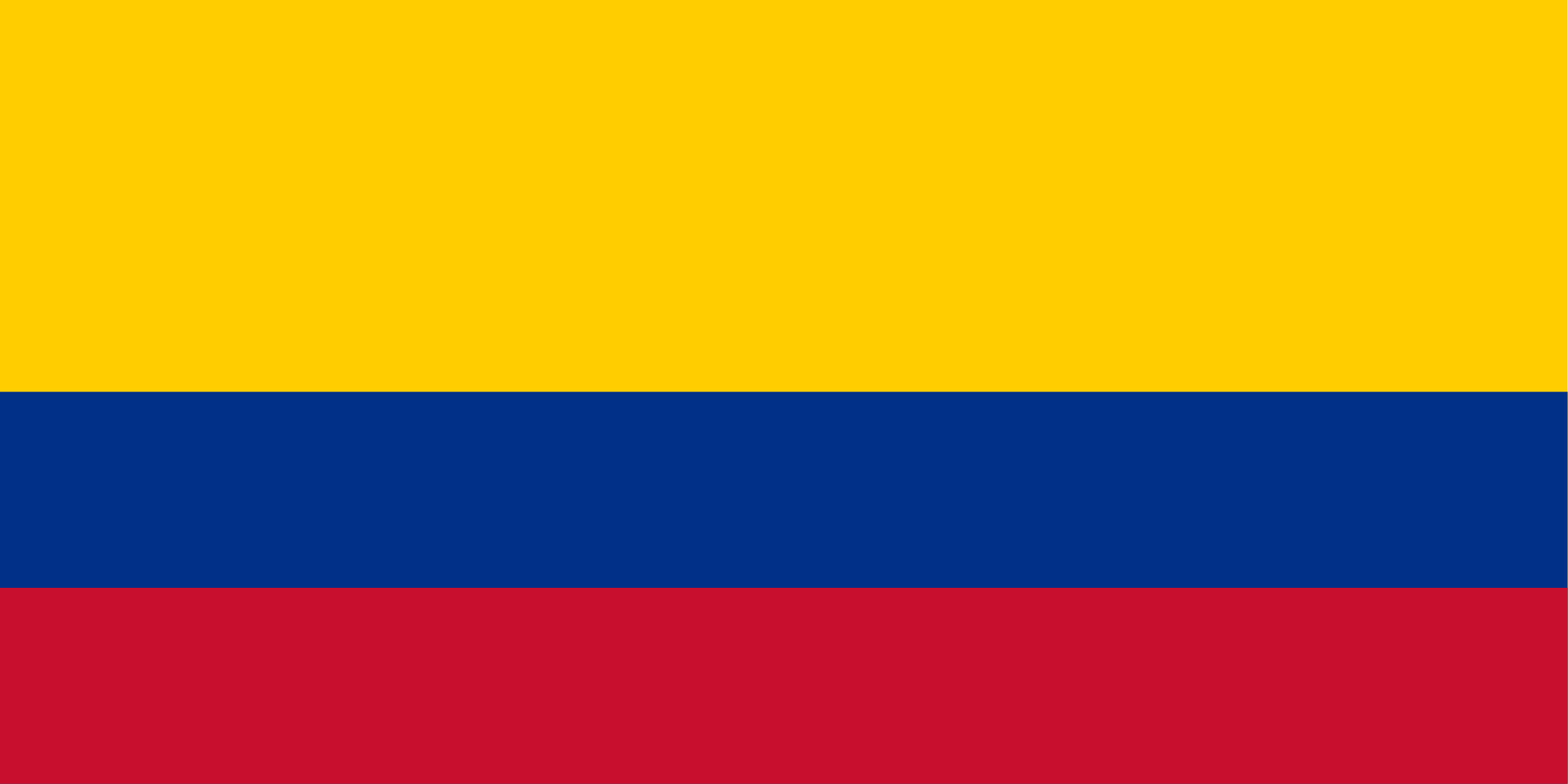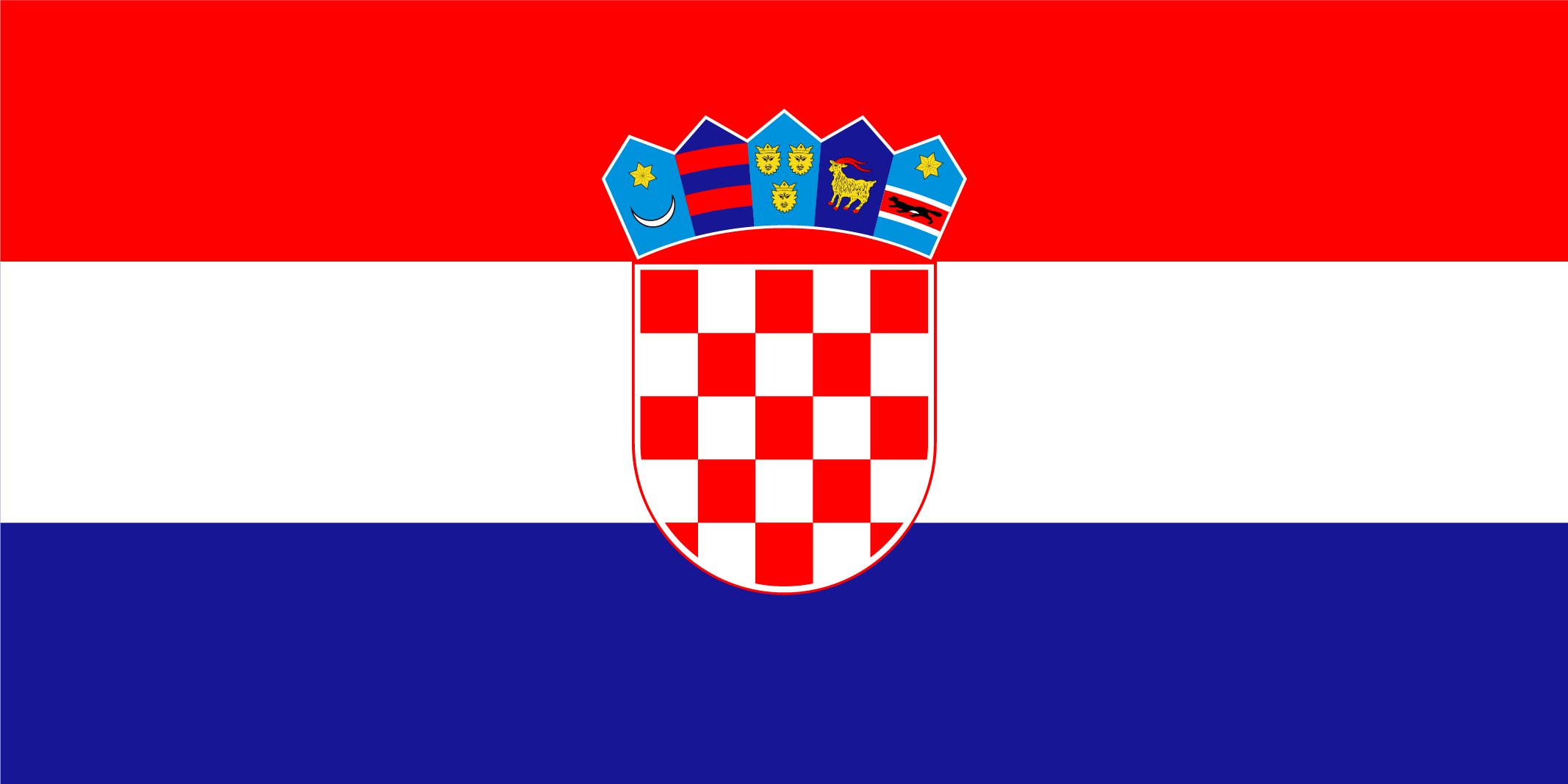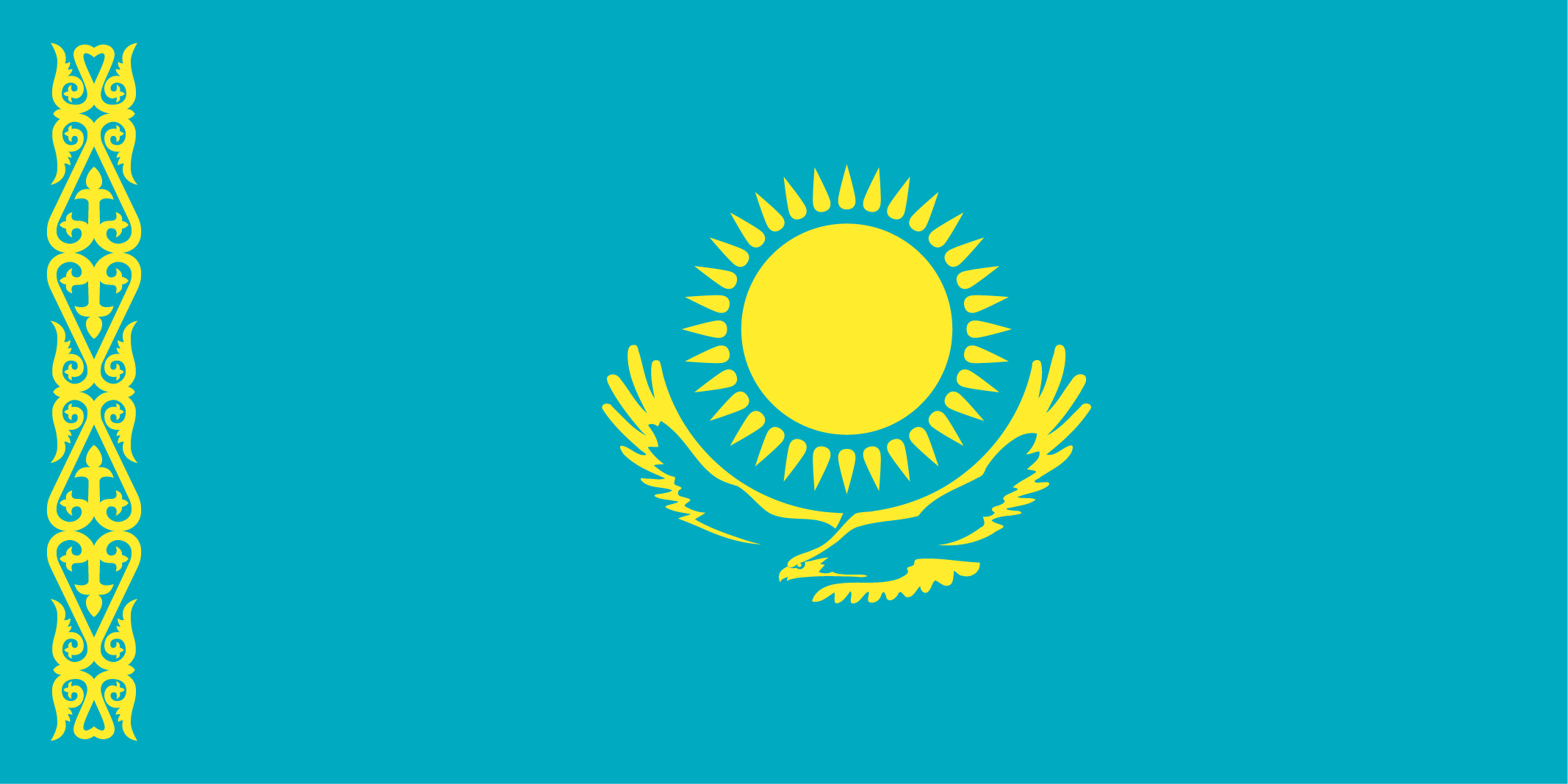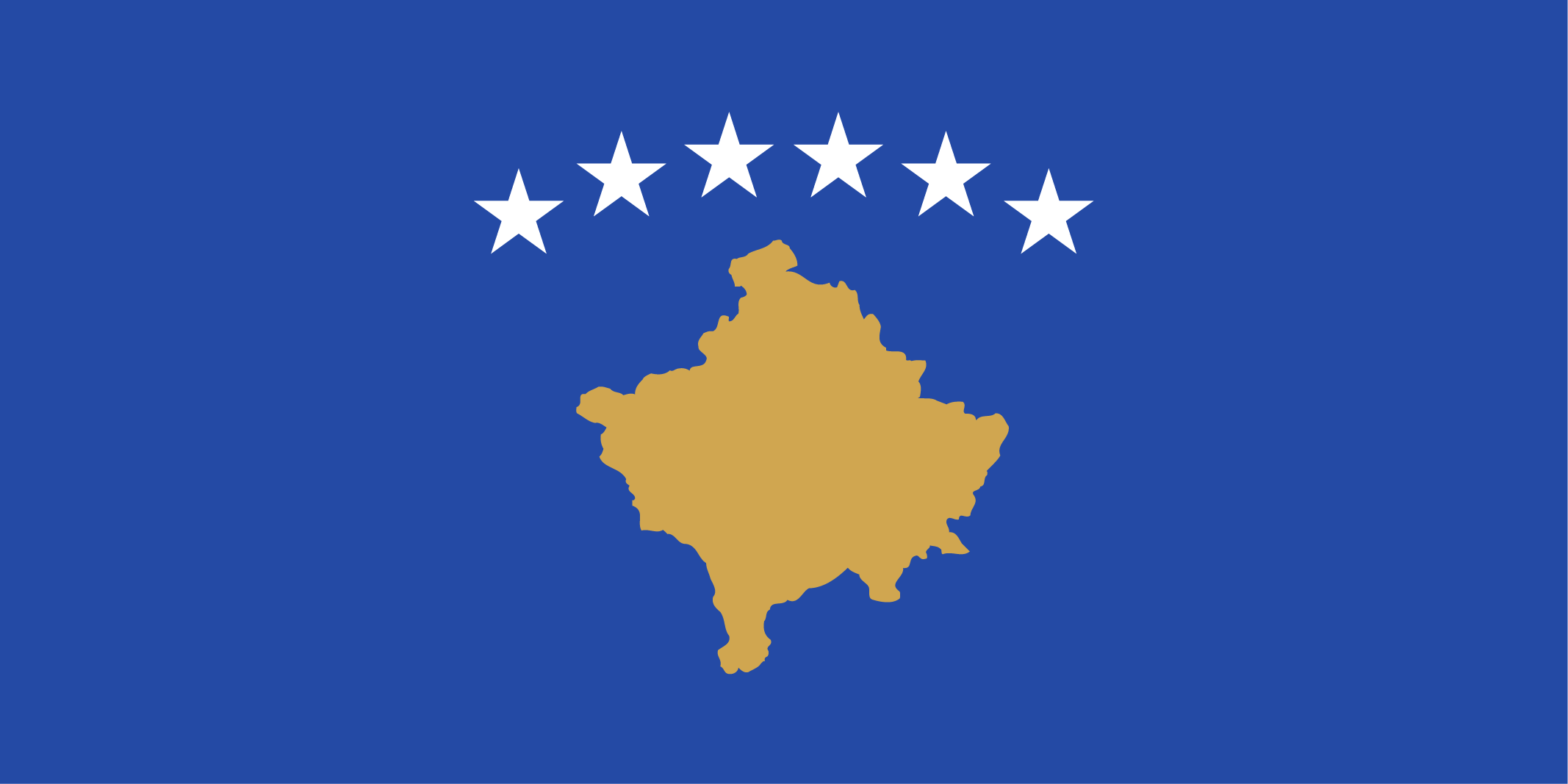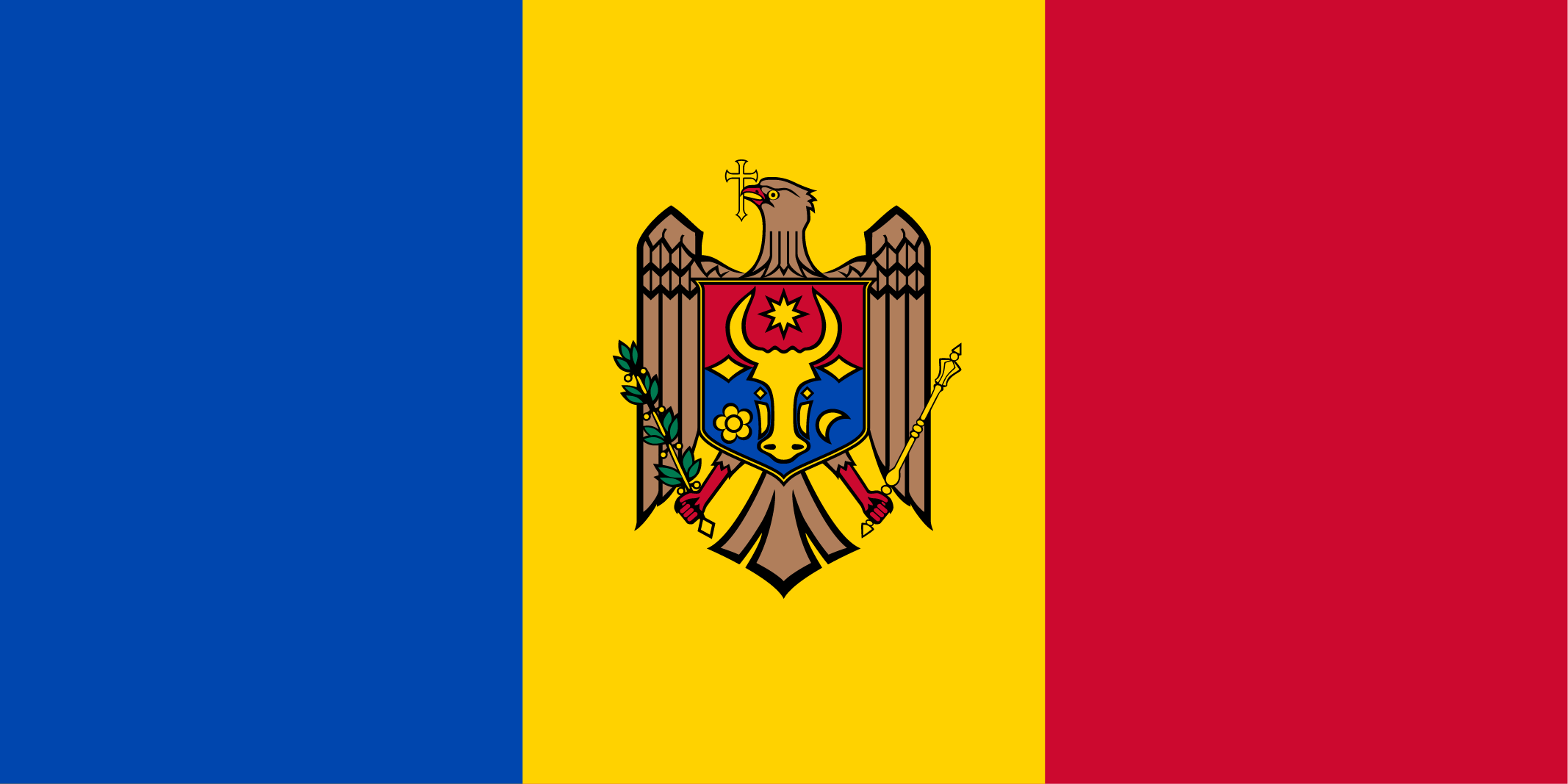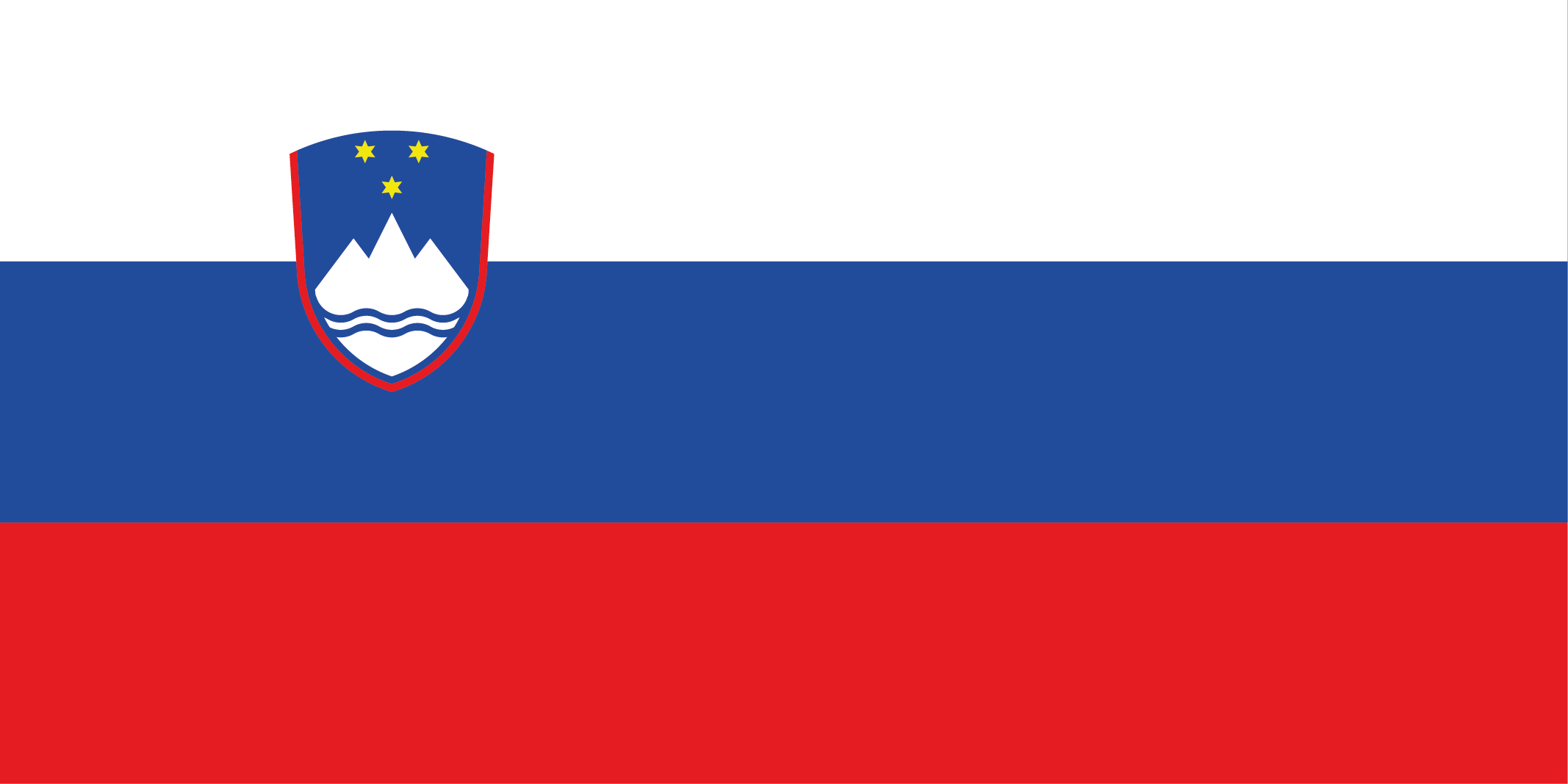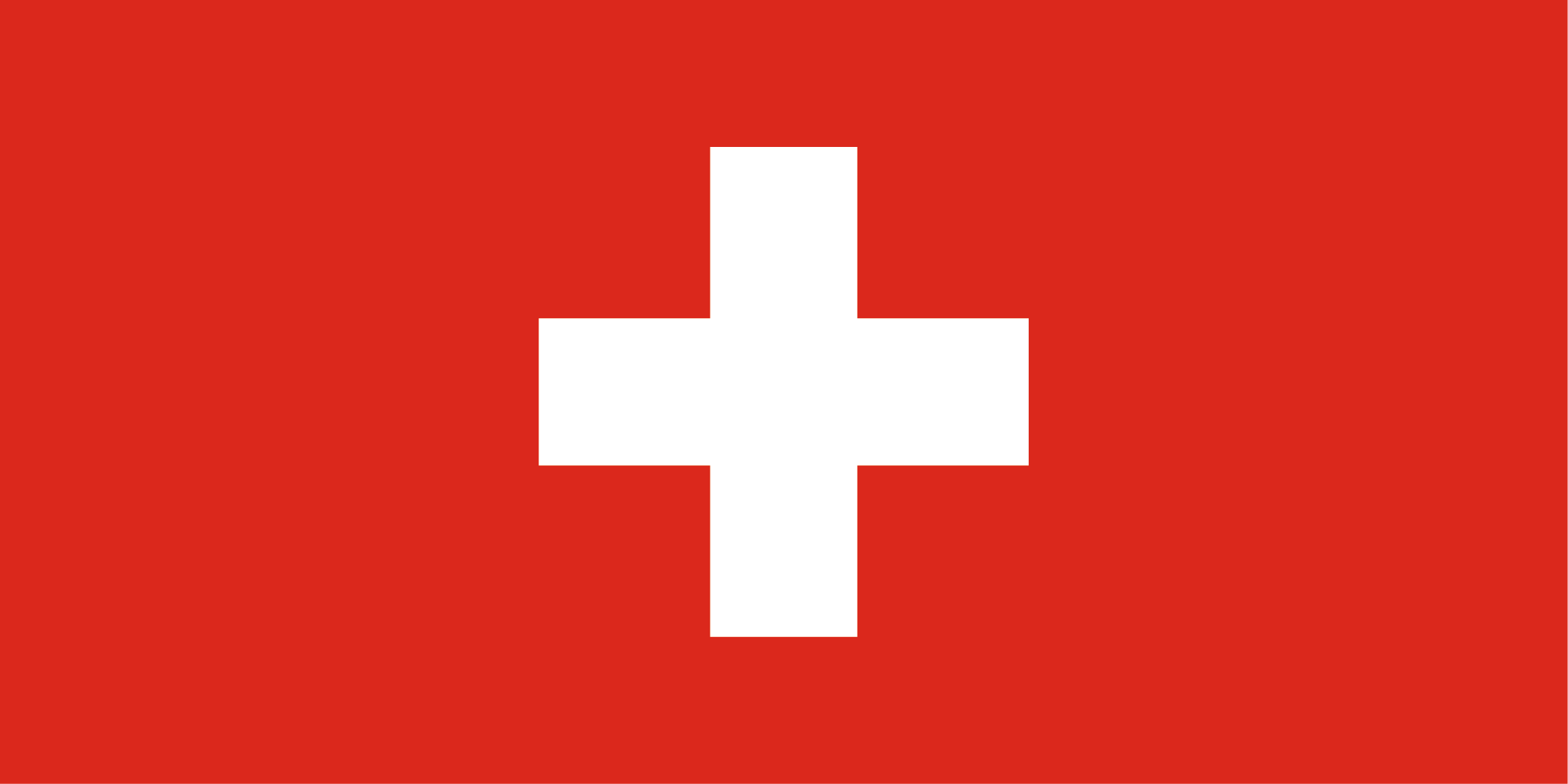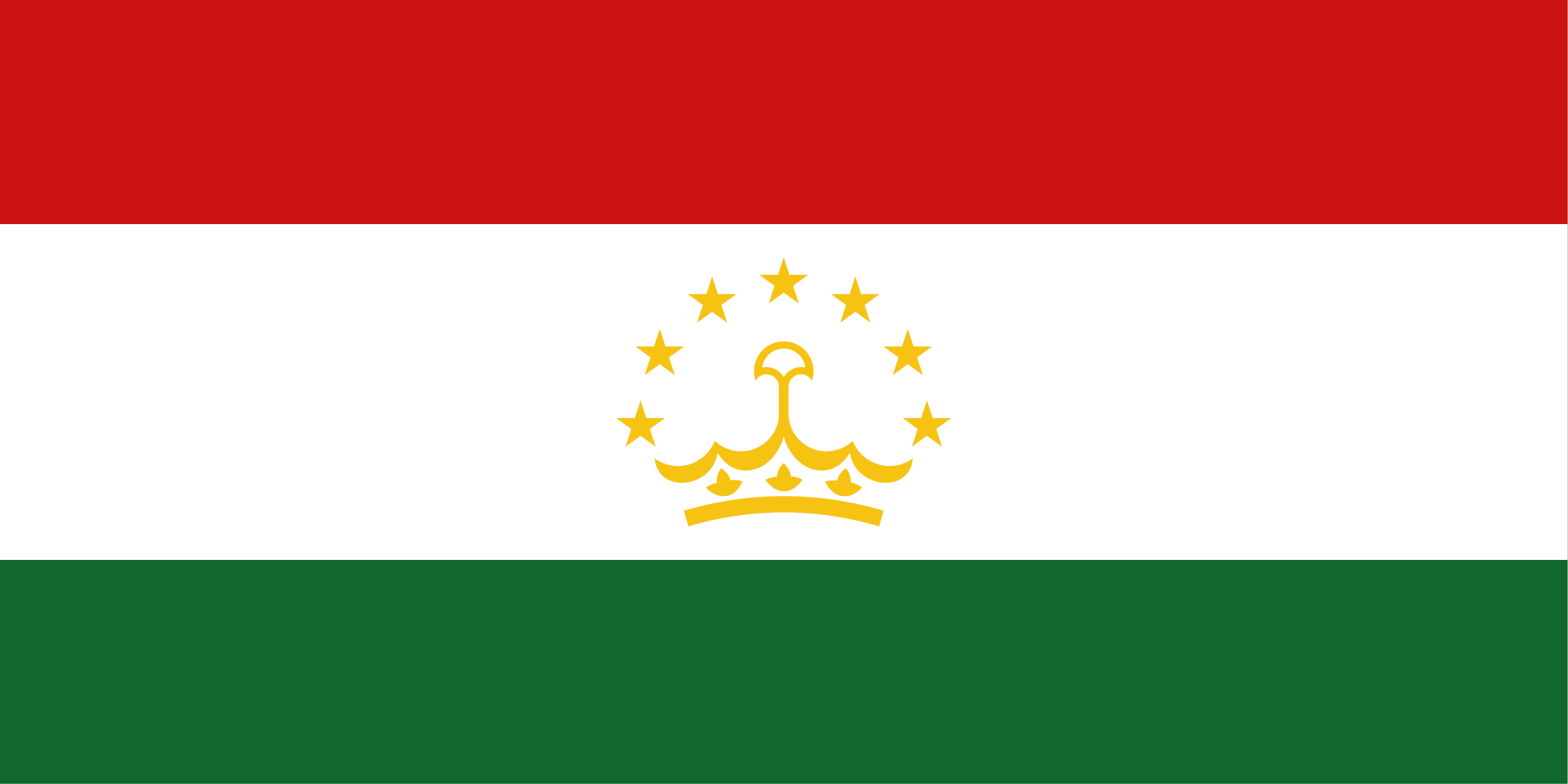Transportation of the Deceased from Romania — Assistance in a Difficult Moment
Facing the loss of a loved one abroad is a profound emotional shock. It is particularly challenging when one must organize the transportation of the deceased for farewell and burial in their homeland. This task requires not only composure but also strict adherence to regulations — from document preparation to sanitary standards.
When Repatriation Becomes Necessary
In the event of a person's death while abroad, whether during a business trip, vacation, or extended stay, transporting the body becomes unavoidable. Relatives strive to honor their loved one with dignity, respecting customs, religious norms, and traditions. In such situations, it is crucial to entrust the process to professionals to minimize stress and eliminate mistakes during the transportation of the deceased.
What is Included in the International Transportation Service
A professional funeral company offers comprehensive organization, including obtaining permits, embalming the body, packing in a zinc coffin, and preparing for all stages of border crossing. Additionally, delivery of the cargo to the morgue or a location agreed upon with the relatives is included. Every action is performed in strict accordance with international standards, ensuring the legality and safety of the process.
Stages of Repatriating the Deceased
Consultation and Situation Analysis
Initially, information about the death of the deceased is collected, the availability of documents is verified, and the optimal method of cargo transportation is determined. Specialists provide comprehensive support from the moment of contact until the final stage.
Preparing the Body for Transportation
Before sending the coffin with the body, specialists perform the necessary procedures: hygienic treatment, embalming, dressing, and hermetization. A special container with a zinc liner is used, meeting international requirements.
Document Preparation
To cross the border, a death certificate, a sanitary safety certificate, a permit for export, along with translated and notarized documents are required. In some cases, an apostille or legalization is not mandatory. All documents are prepared promptly, ensuring the legal transportation of the deceased's body.
Route Organization
Depending on the situation, a road, air, or combined transportation method is selected. The entire process is accompanied by specialists, including during the customs control phase and when handing over the body in the homeland.
Methods of Transporting the Deceased
- Road transportation — suitable for most cases, especially for short distances.
- Air transport — preferred for urgent needs or when the destination region is far away.
- Combined route — effective in non-standard situations and with complex logistics.
Necessary Documents for Repatriation
To ensure that the process of transporting the deceased goes smoothly, it is necessary to arrange:
- Death certificate, properly certified.
- Embalming certificate and certificate of absence of infectious diseases.
- Permit for the transportation of the body.
- Certificate of the container's hermetic sealing and absence of foreign objects.
Each of these documents must be translated into the required language and certified by a notary or another authorized person. Their preparation is the responsibility of the funeral service.
Features of Preparing the Body and Farewell
Many relatives wish to say goodbye to the deceased before transportation. Such an opportunity is provided. The farewell takes place in the morgue or funeral hall. After that, the body is prepared for transportation following all sanitary and legal standards. Special transport equipped with refrigeration facilities is used, along with temperature control throughout the journey.
Answers to Important Questions
- Can repatriation be organized remotely? — Yes, services are offered without personal presence, everything can be resolved remotely.
- Is embalming necessary? — Yes, it is mandatory for international transportation and preservation of the body's condition.
- How long does transportation take? — On average, the procedure takes from several days to a week.
- Is it possible to transport an urn with ashes? — Yes, this service is available and requires a minimal set of documents.
Why You Should Trust Professionals with This Task
A company with experience in international transportation of the deceased ensures the legality, accuracy, and ethics of all procedures. From the first consultations to funeral organization, the entire process is supported by specialists. 24/7 support, proper documentation, and an individual approach help families cope with a difficult moment with minimal complications. Thanks to a well-established process, cargo 200 is delivered in full compliance with all formalities and norms.










